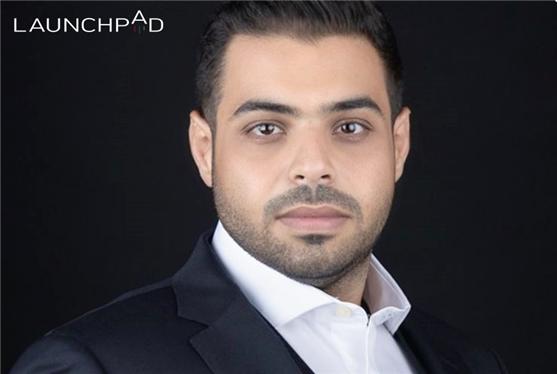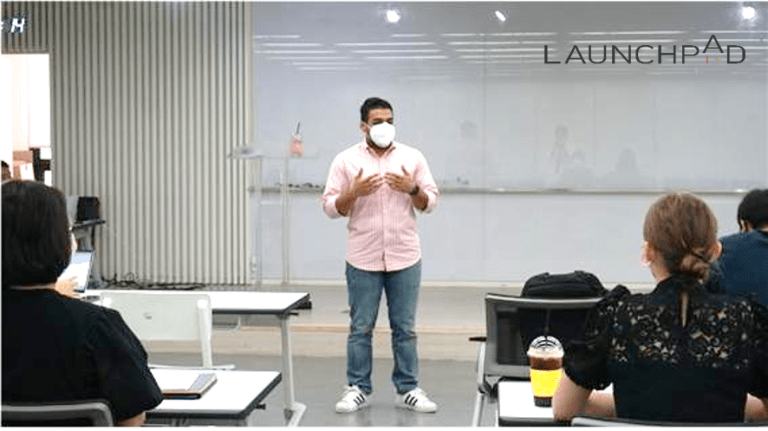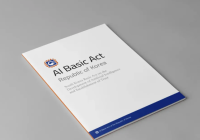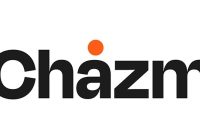“People in the Middle East spend longer time making decisions than in Korea. Understanding these cultural differences makes business easier.” Tarek Fouad, Head of Growth at Shorooq Partners, advises that understanding the country’s culture is the most critical factor and the first step in advancing overseas.

The MENA region is somewhat unfamiliar to Korean startups. Founded in 2016, Shorooq Partners is a professional investor specializing in this region and plays a link between the Middle East and Korea. Thanks to its Korean co-founder, it has been active in the Korean market for the last year or two based on its understanding of the two regions, actively nurturing and discovering startups as well.
Middle East has a big VR market
Shorooq Partners is highly interested in the Korean market. The firm participated in the Launchpad program run by KOCCA because it is an opportunity to meet many Korean startups. There are three main criteria for Shorooq Partners to evaluate startups: team, product, and market fit. It focuses on the relevance with the Middle East in particular and deems it necessary to have an understanding of cultural aspects and language skills.
In the selection of startups that will advance into the Middle East through Launchpad, five companies were finally chosen in line with these criteria. Most of them are startups belonging to the growing sector in the Middle East. Among the selected companies, Fouad selected Letsee as the first company to succeed in the Middle East market. Letsee provides WebAR SDK; a web-based augmented reality software. The AR market is growing in the Middle East, and companies are using VR in various ways, increasing the possibility of Letsee’s success. He also commented that Doubleme, which has hologram and avatar technology and aims to target the VR market, and a travel startup Globaleur have the potential for growth in response to the growing demand for travel in the Middle East.

In the oil-rich Middle Eastern countries, there is a recent trend of innovation centered on technology companies. In order to become a technology powerhouse, the national level of support has been provided for the technological environment. Fouad explained the Middle East startup ecosystem by saying, “The government is providing support to technology companies to reduce initial costs such as housing, licensing, and medical support.” He added, “Various initiatives are taking place between MENA countries, so it is time for VC members like us to play a meaningful role.”
Entering the Middle East market is not easy. It is because not all countries have a common policy. In other words, it is a difficult market to challenge without a partner who knows the local area well. Shorooq Partners emphasized the importance of local connections and recommended finding a local partner, whether a Korean company based in the Middle East or whoever.
He also added that participating in events like GITEX is a good way to secure a local network. There are no cultural rules or laws that must be followed in the Middle East. However, the way they work is different. “I feel that Korea has different deadlines because of its hasty culture,” said Fouad. “In order not to be stressed due to these cultural differences, understanding the culture of each market will be helpful.” Shorooq Partners plans to further strengthen its position in Korea in the future as it creates a fund for Korean startups. “So far, we have invested directly in two startups, and we plan to invest in two more startups if possible within this year,” said Fouad.






